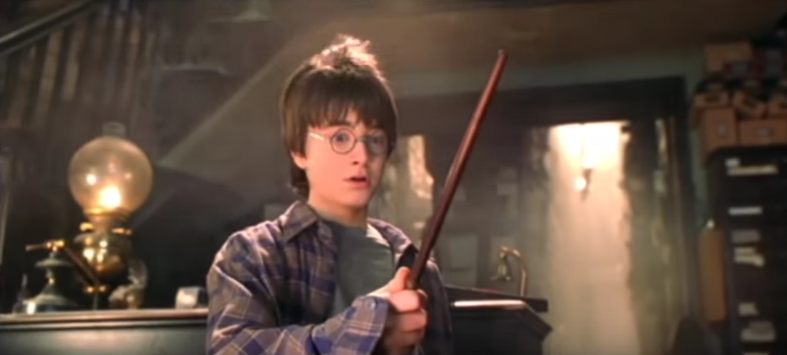When the final Harry Potter film came out in theaters in July 2011, I mourned the end of my favorite franchise and, to a certain extent, the cornerstone of my childhood. Nevertheless, by the end of that summer, I accepted the end of Harry’s journey and eventually moved on.
It turns out I was wrong to waste my time saying goodbye, because it seems The Boy Who Lived will live forever. Now, eight years after author J.K. Rowling released the seventh and final book in the series (and assured fans she wouldn’t write an eighth), she’s returned to the Potter universe in full force — even though she probably shouldn’t.
In September, Rowling revamped the interactive Harry Potter-centric site Pottermore, on which users can both virtually role-play and unlock new — albeit often extraneous — information about nearly every side character and subplot in the series.
This April, Universal Studios Hollywood will get its own version of the overhyped Wizarding World of Harry Potter attraction that originally opened at Universal Orlando in 2010, as well as Universal Studios Japan in 2014.
Harry Potter and the Cursed Child, an original play presented in two parts that chronicles the original Harry Potter trio 19 years after their time at Hogwarts, will open on London’s West End in July. Fantastic Beasts and Where to Find Them, a spinoff film starring Eddie Redmayne (The Danish Girl) as a 1920s wizard named Newt Scamander, will hit theaters in November.
Sure, it’s easy for us millennials to get swept up in the nostalgic excitement of arguably the most cherished story of our generation, but it’s important to remember the reality of having too much of a good thing.
Harry Potter certainly isn’t the first mega-hit to run its course and then some. While J.R.R. Tolkien’s Lord of the Rings trilogy and its corresponding film adaptations are beloved, the more recent The Hobbit series can be chalked up as subpar at best. And though the latest Star Wars film received enormous praise from critics and audiences alike, even the most devoted fans choose to forget the atrocious prequel trilogy released in the late 1990s and early 2000s.
In this case, the endless supply of add-ons doesn’t even feel like a genuine opportunity to further explore the world of our favorite boy wizard — it feels like a money-making scheme.
If Rowling doesn’t stop soon, the steady stream of Harry Potter merchandising will only cheapen the magic of the original story.



